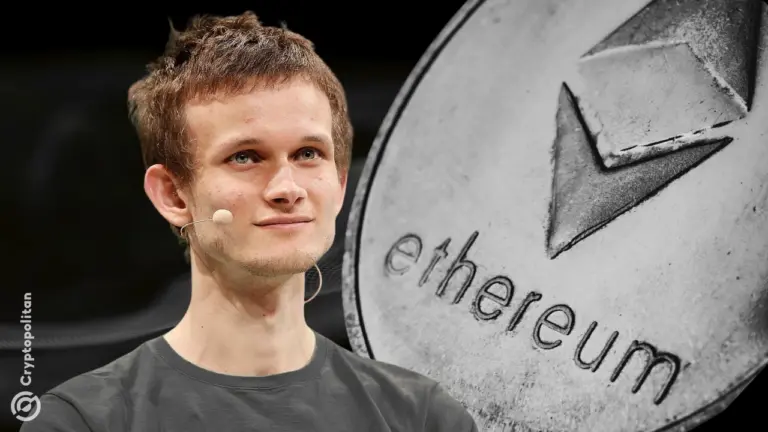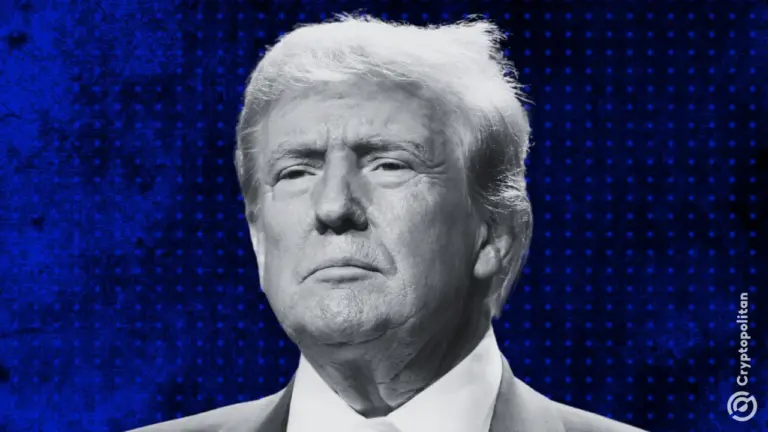Fed Abandons Flexible Inflation Targeting Framework
- The Federal Reserve ends 2020 inflation policy at Jackson Hole.
- Market reactions include stock rallies; potential for crypto volatility.
- Adaptive monetary strategy indicates tighter interest rate management.
On August 22, 2025, Federal Reserve Chair Jerome Powell announced at the Jackson Hole symposium a pivot away from the 2020 flexible average inflation targeting framework.
This shift signals potential changes in US monetary policy affecting various markets, including cryptocurrency volatility and investor strategies.
The Federal Reserve announced the abandonment of its 2020 flexible average inflation targeting framework on August 22, 2025. This shift indicates a significant change in policy approach aimed at managing inflation differently. Jerome Powell revealed this at the Jackson Hole symposium.
Chair Jerome H. Powell stated the U.S. economy’s resilience amidst policy changes. The Federal Reserve Board’s decision signals a return to pre-2020 policies to mediate economic stability. Powell highlighted strategies in a speech, emphasizing policy review developments.
“Over the course of this year, the U.S. economy has shown resilience in a context of sweeping changes in economic policy…. I will then turn to the results of our second public review of our monetary policy framework, as captured in the revised Statement on Longer-Run Goals and Monetary Policy Strategy that we released today.” – Jerome H. Powell, Chair, Federal Reserve, Federal Reserve Speech
The stock market experienced rallies in major indices post-announcement, reflecting investor optimism. Historically, such shifts have impacted the crypto market with increased volatility in Bitcoin and Ethereum, aligning with rate adjustments and market expectations.
This policy shift affects financial markets and could influence crypto asset allocations. Experts view this as a return to tighter interest rate management, impacting BTC, ETH, and DeFi. Stablecoins may see liquidity adjustments as interest rates fluctuate.
Past Fed policy changes have included pivots in 2018 and 2020, affecting market dynamics. BTC and ETH responded notably to these historical shifts with volatility. This change could set the stage for further cryptocurrency interest rate sensitivity.
Potential outcomes include increased market volatility and shifts in investor strategies towards cryptocurrencies. Historical data suggests market adjustments could follow, in line with past Federal Reserve policy modifications. Powell’s remarks hint at continued vigilance in economic strategy.
Disclaimer: The content of this article solely reflects the author's opinion and does not represent the platform in any capacity. This article is not intended to serve as a reference for making investment decisions.
You may also like
ECB says no need for more rate cuts now as inflation hits 2% target
Share link:In this post: The ECB has paused rate cuts after inflation hit the 2% target. Olli Rehn said there’s no need for more cuts unless new risks appear. Joachim Nagel believes policy should stay unchanged unless conditions shift.
Databricks buys Sequoia’s Tecton in push to dominate enterprise AI tools
Share link:In this post: Databricks is acquiring Tecton to boost its real-time AI agent tools. Tecton was last valued at $900M and has around 90 employees. The deal follows Databricks’ $100B valuation term sheet signed this week.

Vitalik Buterin’s FOCIL proposal reignites censorship debate among Ethereum leaders
Share link:In this post: Vitalik Buterin argues FOCIL will make Ethereum more neutral and censorship-resistant. However, Reflexer Labs warns that FOCIL could be a big problem for Ethereum as the current system is still working. Debate on censorship resistance continues with crypto attorney Gabriel Shapiro saying FOCIL might be worth the risk.

Trump’s $9B investment won’t fix Intel’s real problem
Share link:In this post: The U.S. government, under Trump, will invest $8.9 billion for a 9.9% stake in Intel, aiming to boost domestic chip production and make the government Intel’s largest shareholder. Despite the funding, analysts warn Intel’s contract chipmaking (14A and 18A processes) won’t be viable without major external clients and improved manufacturing yields. The deal, which includes discounted shares and no board seat, reflects a rare federal intervention in corporate ownership.
